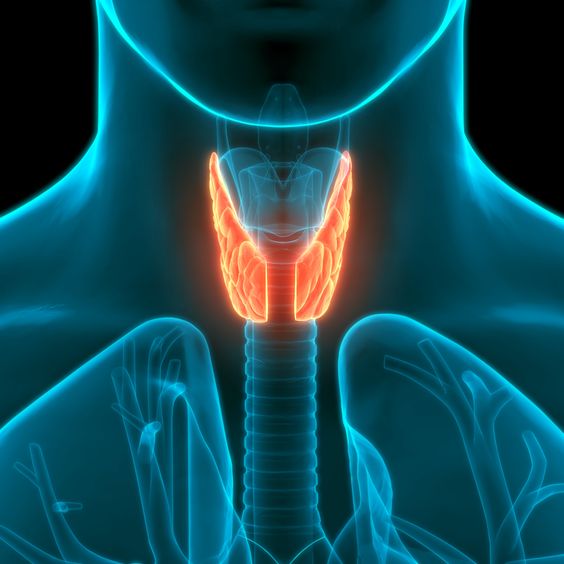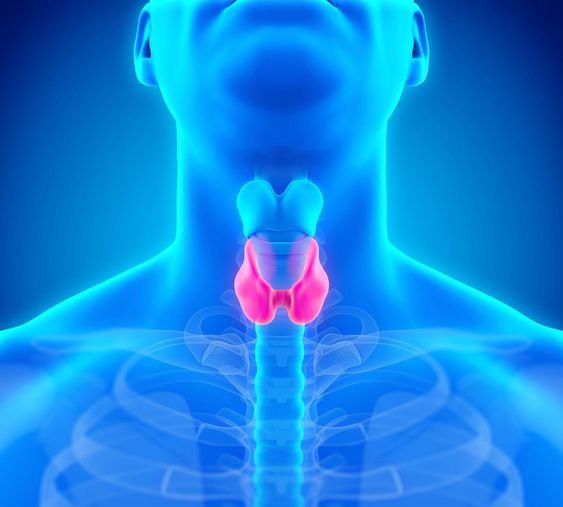Thyroiditis Treatment
Thyroiditis refers to the inflammation of the thyroid gland, a crucial organ responsible for producing hormones that regulate metabolism, energy levels, and overall bodily functions. This condition can manifest in various forms, each requiring a tailored approach to treatment. From medication to lifestyle changes, managing thyroiditis is a multifaceted endeavor aimed at restoring thyroid function and alleviating symptoms.
Types of Thyroiditis and Their Unique Challenges
Thyroiditis encompasses different types, including Hashimoto’s thyroiditis, postpartum thyroiditis, and subacute thyroiditis. Each variant presents its own set of challenges, demanding a nuanced treatment strategy. Hashimoto’s thyroiditis, an autoimmune disorder, often requires lifelong hormone replacement therapy to address the thyroid’s inability to produce sufficient hormones. On the other hand, postpartum thyroiditis, occurring after childbirth, may necessitate a temporary adjustment in medication until the thyroid gland stabilizes.
Medication as the Cornerstone of Treatment
In most cases, medication forms the foundation of thyroiditis treatment. Levothyroxine, a synthetic form of the thyroid hormone thyroxine, is commonly prescribed to patients with an underactive thyroid caused by autoimmune thyroiditis. This medication helps normalize hormone levels, reducing symptoms such as fatigue, weight gain, and sensitivity to cold. Adjusting the dosage is crucial, as too much or too little levothyroxine can lead to imbalances, emphasizing the importance of regular monitoring by healthcare professionals.
Corticosteroids for Inflammatory Relief
In instances of subacute thyroiditis, characterized by painful inflammation, corticosteroids play a pivotal role in alleviating symptoms. Prednisone, a commonly prescribed corticosteroid, helps reduce inflammation and relieve discomfort associated with the condition. However, the duration and dosage of corticosteroid treatment vary based on the severity and progression of the inflammation.
Lifestyle Modifications to Support Treatment
Beyond medication, incorporating lifestyle modifications can enhance the effectiveness of thyroiditis treatment. A balanced diet rich in iodine, selenium, and other essential nutrients supports thyroid function. Additionally, managing stress through practices like yoga and meditation can positively impact hormonal balance, contributing to the overall success of treatment.
The Role of Radioactive Iodine and Surgery
In cases where hyperthyroidism is a prominent feature, radioactive iodine therapy may be considered. This treatment involves the administration of radioactive iodine, which selectively targets and reduces the activity of the overactive thyroid gland. In more severe cases or when other treatments prove ineffective, surgery to partially or completely remove the thyroid gland may be recommended.
Ongoing Monitoring and Adjustments
Continuous monitoring of thyroid function is crucial throughout the treatment process. Regular blood tests help assess hormone levels and ensure that medication dosages remain appropriate. As thyroiditis can evolve over time, adapting the treatment plan based on the patient’s response and any changes in symptoms is essential for long-term management.
A Comprehensive Approach to Thyroiditis Treatment
Managing thyroiditis involves a comprehensive approach that combines medication, lifestyle adjustments, and, in some cases, more invasive interventions. Tailoring treatment to the specific type of thyroiditis and individual patient needs is key to achieving optimal outcomes. With ongoing monitoring and a collaborative effort between healthcare professionals and patients, effective thyroiditis management can enhance quality of life and mitigate the impact of this common thyroid disorder.








